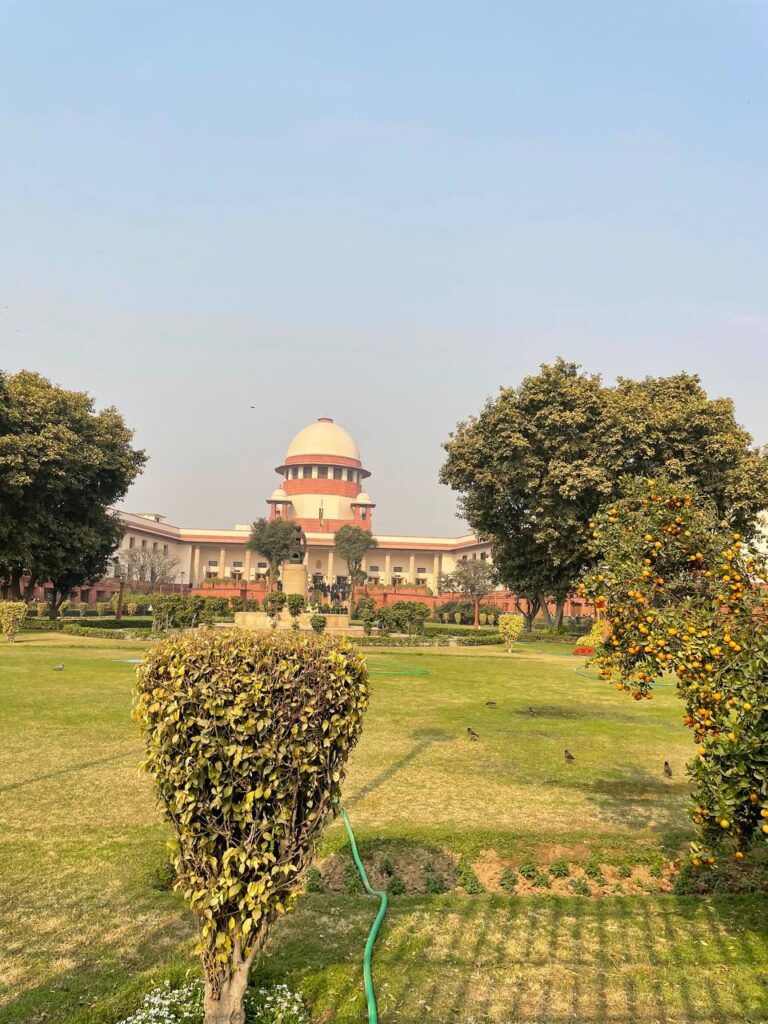1.What are the two types of defamation?
Ans. Civil and Criminal
2.What is criminal defamation?
Ans. Criminal defamation as per Merriam-webster dictionary refers to defamation that constitutes a crime (because it was made maliciously) and is subject to criminal penalties. In India both slander (oral remarks) and libel (written remarks) are criminal offences.
3.Which sections of the IPC encapsulate the law?
Ans. Sections 499 and 500
4.How is it defined in Indian law?
Section 499 defines defamation and Section 500 prescribes the punishment. Defamation is defined as spoken or written words or visible representations, concerning any person intended to harm his/her reputation.
5.What is the offence punishable with?
Ans. With a two-year jail term and fine.
6.Is it bailable?
Ans. Yes
7.Can it be filed by a class of persons or an association or outfit?
Ans. Yes. But if a person complains that he has been defamed as a member of a class he must satisfy the court that the imputation is against him personally and he is the person aimed at, before he can maintain a prosecution for defamation.
8.What is the defence that a person accused of defamation may fall back on?
Truth, fair comment and privilege
9.What is the Supreme Court stand on the law?
Ans. In 2016, the Supreme Court upheld the law.
* The right to speech and expression is subject to reasonable restrictions and cannot be misused to tarnish or sully the reputation of another individual.
* The law does not have a chilling effect on right to free speech and criticism in a democracy.
* A person’s “reputation” could not be allowed to be crucified at the altar of the other’s right of free speech. Therefore, the legislature had not thought it appropriate to abolish criminal defamation.
* Criticism was different than defamation, the court said. One was bound to tolerate criticism, dissent and discordance but not expected to tolerate defamatory attack.
* However, in defamation cases, the complainant had to show that the accused had intended, known or had reason to believe that the comments made would harm the reputation of the complainant.
* The court cautioned magistrates saying they should be careful in exercising discretion and should take all relevant facts and circumstances into consideration before issuing summons, lest it would be an instrument in the hands of the private complaint as vendetta to harass others needlessly.
10.Who had challenged the law?
Ans: Among those who had challenged the law included BJP leader Subramanian Swamy, Congress leader Rahul Gandhi, Delhi Chief Minister Arvind Kejriwal and actor Vijaykanth.
11. Who has used these laws the most in India?
Ans. Defamation has been a favourite tool of politicians to settle scores with political opponents. This includes the lines of former Tamil Nadu Chief Minister Jayalalithaa and her ministers.
12. Which other developed country has criminal defamation on their statute books?
Ans. None. Most, however, retain it as a civil offence, as a tort, and if a victim sues he can get compensation for loss of reputation.

